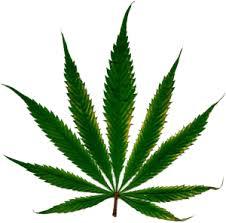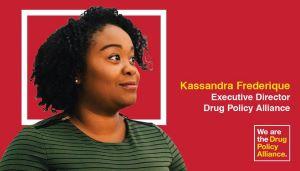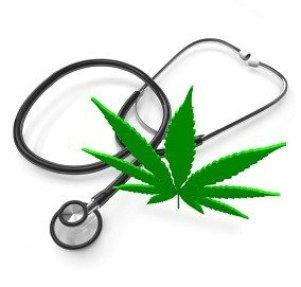MN Final Legal Pot Votes Coming Soon, WA Lawmakers Compromise on Drug Possession Law, More... (5/16/23)
A Florida marijuana legalization initiative will get a state Supreme Court review, Washington's governor signs into law a bill protecting pot-smoking employees, and more.



